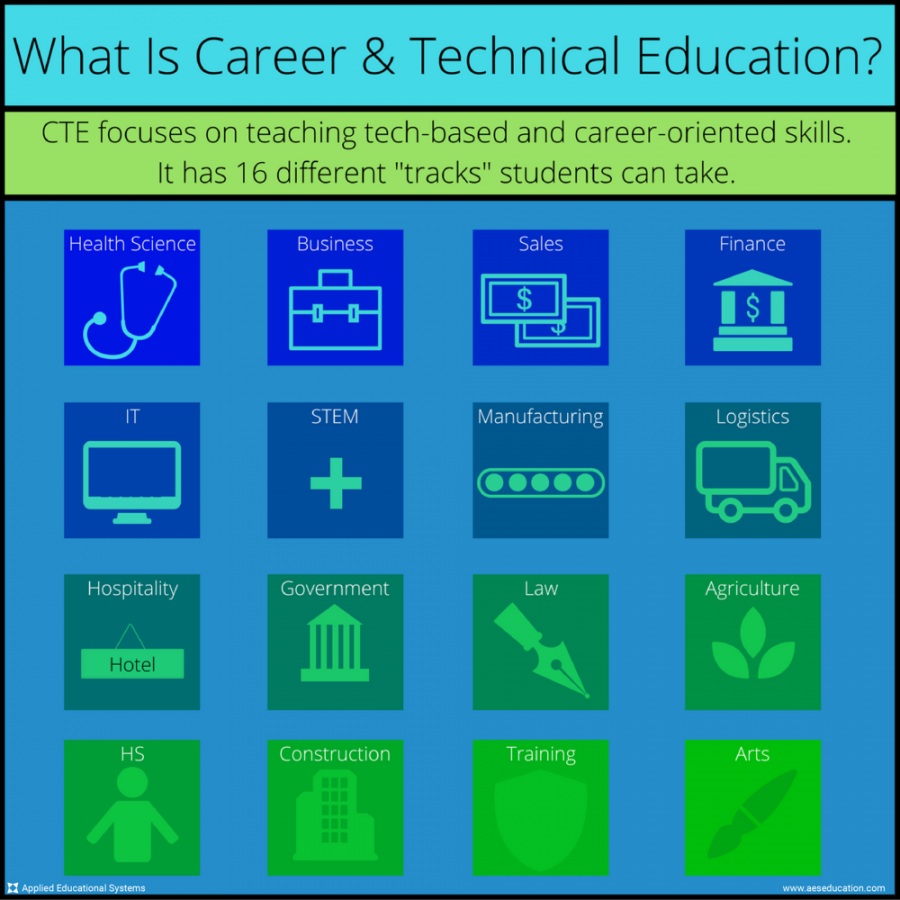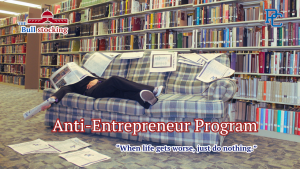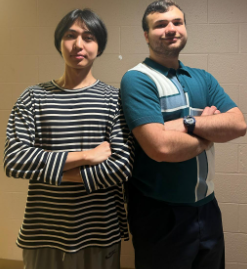High School students are pressured to choose a career
December 3, 2019
Is high school too early to choose a career?
Presbyterian College values student education and an individual’s ability to choose which career they will enter into. This is why PC does not require students to choose their major until the end of their Sophomore year because they want to give students as much time as possible to explore classes that interest them. The college also values a student’s ability to change their chosen career path.
If you are a PC student who attended high school in America, then you were probably approached many times by guidance counselors and other educators about a career path. High schools across America even introduced Career Clusters to their students in 1996. Since then, schools have offered 16 career clusters to students from a variety of fields, including finance, manufacturing and information technology. These courses offer students the opportunity to gain experience and learn key skills needed for certain industries.
“On the one hand, I think it’s smart to take classes tailored to your career interests because you will learn what it takes to attain your goal. However, I’m only a sophomore so my goals or plans could change throughout high school and even in college, which could put me behind in the future,” said Drake Atkins, a sophomore at Byrnes High School who takes specialized Automotive Engineering courses. Those students who choose to take a career cluster and then later decide they would rather explore another career have lost valuable time in which they could have been exploring other fields.
“Along with the course standards and certification options, students interested in pursuing a career in one of the clusters can join a career and technology student organization (CTSO),” said the Applied Educational Systems website of the options available to students for specialization.
Many high school students are pushed into choosing a career path early in their education, with some school systems starting as early as the 7 grade. Therefore, students often make quick decisions and become devoted to a career path without first exploring other options. Career Clusters aid in this process because students feel obligated to pick a cluster and specialize their learning. Quick decisions lead many students to later change their career path because they realize their hasty career decision did not reflect their personality.
For example, many students choose careers that require science courses such as biology, chemistry or physics before they even have a chance to take the introductory classes. Then, after being exposed to the concepts and the work required to succeed in these fields, they decide it is not the path they want to take.
“I feel that my high school did not attempt to help me really at all in the process [of finding a career path] and maybe that contributed a lot to why I did not truly know what I wanted in life. I personally think that school systems should work more individually with students to help them find careers that they are interested in, but also fit their personalities and skills,” said Lauren Howle, a Sophomore at PC who first chose to pursue biology but then realized her true passion was for law.
Making the decision to change career paths is completely acceptable, but our society has conditioned students to think that changing their major or career path is disappointing and seen as a weakness. We should not think this way. We are predisposed to strengths, which means there are some subjects people understand better than others.
“We put a lot of identity around profession, but our chosen occupation does not necessarily correlate to our calling,” said Mrs. Kim Lane, the Associate Dean of Students and Director of Career and Professional Development at PC. The pressure both high school and college-age students feel about choosing a career path is the effect of our society closely associating our career with our identity, but the two are separate. The major does not determine the career because students have the ability to decide how they want to express themselves and what environment they want to express themselves in.
This year, the PC Career and Professional Development staff introduced freshman students to a program called Pathway U. This program is an online, interactive tool that allows students to complete assessments. Based on the assessment results, students are matched with possible career options, ranked from strongest to weakest match. The tool also allows students to view career descriptions and statistics for each match.
High schools should require their students to take similar evaluations and assessments in order to get students to do intentional exploring that exposes them to a variety of occupations. However, students should not be required or pushed into choosing a career because those years are critical periods of change and growth for students. High schools need to encourage students to find a way to express their talents through a career and be open, rethink and talk to other people.
Although Career Clusters limit the exposure students have to other career options, they are not the ultimate problem. The faculty and staff of high schools should not be focused on producing students who know exactly what they want to do with their life after high school. Instead, they should be focused on helping students discover who they are and how those attributes can transfer and be visible in an occupational setting. They should also make it a priority to let students know that changing occupations does not make someone a failure. It is more important for students to find a career path that satisfies their personalities than remaining in an occupation they hate simply because they feel pressured to stick with their first choice.
Another important thing for high school and college students to remember is that they should be their own career advocate. “It takes a lot of confidence and self-advocacy in order to step back and evaluate and re-evaluate yourself, but it is necessary,” said Lane. Students should first make it a priority to get to know themselves, and then they can search for careers that utilize the skills and values they possess.






